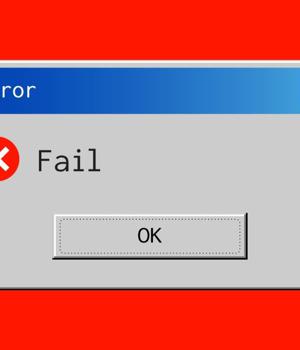Security News > 2022 > September > Microsoft mistakenly rated Chromium, Electron, as malware

Microsoft appears to have fixed a problem that saw its Defender antivirus program identify apps based on the Chromium browser engine and/or Electron JavaScript framework as malware, and suggest users remove them.
Chat in Microsoft's forums, helped along by a volunteer expert, diagnosed the issue as a false positive produced by Windows Defender, possibly due to recent browser updates somehow confusing matters.
Microsoft's changelog for antimalware products recorded a flurry of eight updates to Windows Defender dated September 4th, suggesting concerted action to resolve the issue.
Microsoft HQ in the USA is enjoying a holiday long weekend, which is probably why the company's social feeds and representatives are silent on the matter at the time of writing.
This is not the first time Microsoft has identified Chrome as Malware: the Reg archive records a similar incident in 2011! Chrome has since gone on to dominate the web browser market.
Microsoft often introduces bug fixes or updates that have unintended consequence of breaking third-party software.
News URL
Related news
- Microsoft Teams tactics, malware connect Black Basta, Cactus ransomware (source)
- Microsoft admits GitHub hosted malware that infected almost a million devices (source)
- Microsoft: New RAT malware used for crypto theft, reconnaissance (source)
- Microsoft Trust Signing service abused to code-sign malware (source)
- Microsoft Trusted Signing service abused to code-sign malware (source)
- New Android malware uses Microsoft’s .NET MAUI to evade detection (source)
- Android Malware Exploits a Microsoft-Related Security Blind Spot to Avoid Detection (source)
- Microsoft Warns of Tax-Themed Email Attacks Using PDFs and QR Codes to Deliver Malware (source)
- Fake Microsoft Office add-in tools push malware via SourceForge (source)